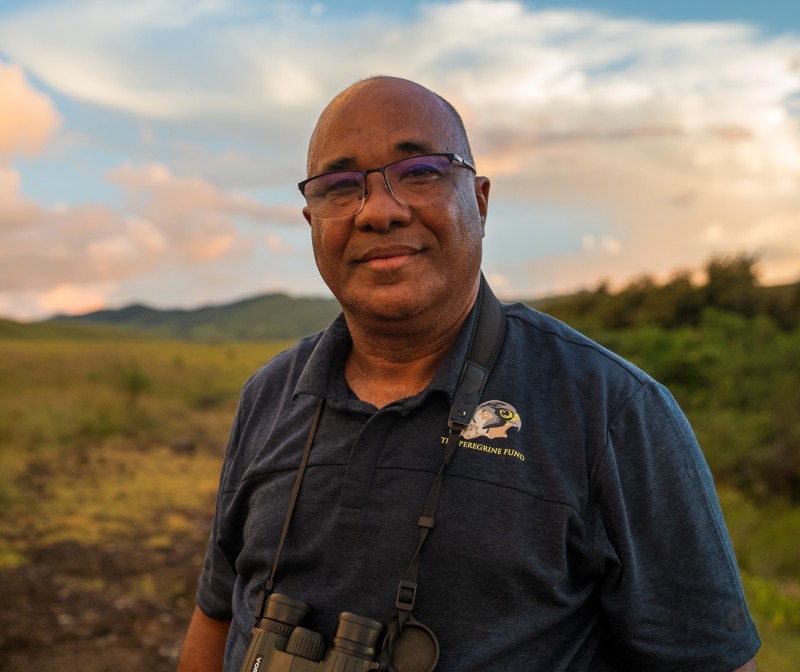The Happiness Index (better than economic growth)

Wherever you look (from politics to the media), everyone is talking about ‘economic growth’. Our chancellor is fixated it with it. But these two words don’t guarantee a better life. Growth comes from building more hospitals and prison (sickness and crime), cleaning up oil spills and chopping down forests to make toilet roll.
The ‘happiest countries’ (Scandinavia, New Zealand) are not nearly always the richest. In fact, top of the list is Costa Rica (home to the beautiful happy birds above!) Although the UK and USA are near the top with GDP (gross domestic product), we spiral down the list for the The Happiness Index!
Canadian Economist Mark Anielski famously helped to bring about Alberta’s Happiness Index, which is based on quality of life and environmental stewardship, instead of just relying on monetary values. Instead of relying just on bank balances, happiness indexes take into consideration:
- Physical and mental health
- Life/balance (quality of life)
- Nature and environment
- Animal welfare
- Peace and wellbeing
What Is the Happiness Index?
The World Happiness Report asks people to rate their lives on a variety of factors like income, health, social support, freedom, generosity, and trust in institutions. It is a picture of life as people experience it, not only as economies produce it.
This is different from GDP, which counts goods and services, but says nothing about loneliness, stress, or hope. A ‘growth country’ leaves people tired and anxious. In ‘happy countries’ Finland and Denmark, there is no celebrity culture (David Beckham could take the underground, with no fuss).
Key Ingredients of Happiness Findings
- Income: Money helps up to a point. It covers rent, food, and safety. Beyond that point, extra income has a smaller effect on daily mood and life satisfaction.
- Health: A routine GP visit without long waits can change a person’s week. But walkable communities, good local organic food and mental health from nice parks, prevents a lot of GP visits in the first place.
- Social support: Someone to call in a crisis matters. In Nordic countries, strong family ties and public services create a reliable safety net.
- Freedom to make life choices: People feel happier when they can pick their job path, move house, or start a business without heavy barriers. ‘Happy countries’ also tend not to be dominated by religion.
- Generosity: Helping a neighbour, giving time, or donating improves well-being. Giving creates a sense of purpose that money alone can’t buy.
- Low corruption: Trust in fair rules reduces stress. When people believe the system works, they plan for the future with confidence.
Here’s a good example:
Vatican City is one of the world’s smallest countries, home to the Roman Catholic church. Yet Finland is not a very religious country at all. An experiment worldwide ‘left money-filled wallets’ around various places, to see who handed them in, and who took the money.
Finns turned out by far to be the most honest, each person handing in the wallet they found. And you guessed it! In Vatican City (full of religious peeps), the wallets full of money were never seen again!
Why Happiness Beats Economic Growth
Research has long shown a simple truth. After basic needs are met, more money doesn’t always bring more happiness. Economic growth comes with costs: shorter sleep, longer commutes, rising inequality. Environmental damage hits health, while housing prices push higher. Look at how obsessed Trump is with money, and what’s it doing to his country.
When you have a country like England obsessed with economic growth, it ends up seeping into everyday life. Most people these days are obsessed with money, status, celebrity and monarchy. Most people are in debt (from buying things they can’t afford), there is a huge gambling problem. Our TV is all money-focused quiz shows.
Steps to Build a Happier World
Change needs action at every level. Governments can update budgets, businesses can redesign work, and individuals can build small daily habits that lift mood and connection.
- Universal basic income trials: Modest pilots can reduce stress, improve job search quality, and support caregiving.
- Green spaces investment: Trees, local parks, and safe walking routes boost mental health and community ties.
- Life-work balance: Reasonable hours, flexible schedules, and real holidays build healthier teams and better results.
- Community ties: Support libraries, sports clubs, and local arts. Small grants can revive shared spaces.






